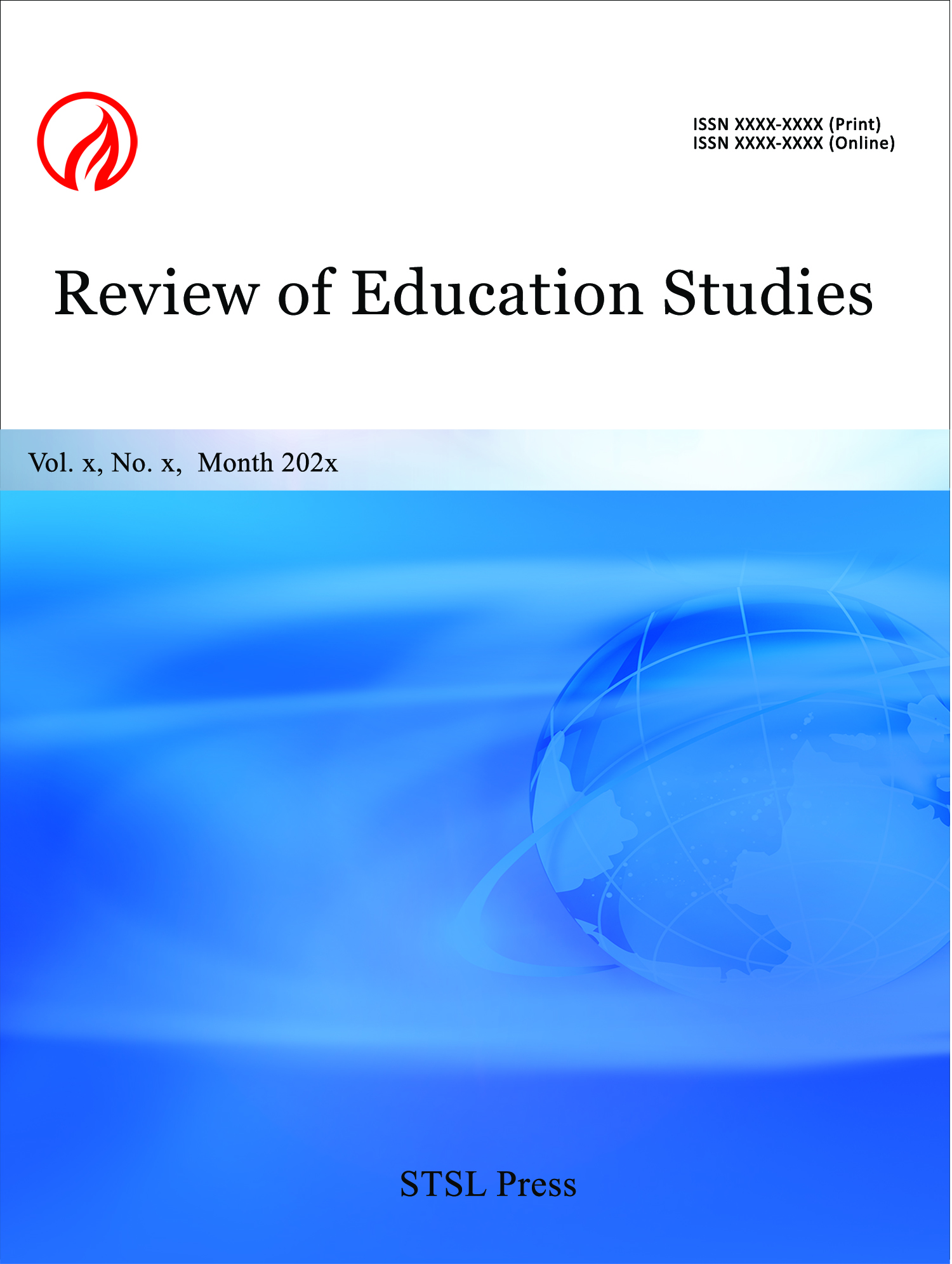A Phenomenological Approach to Beginning Design Education
Stephen Temple
Abstract
This paper describes a beginning design studio pedagogy structured by a philosophically phenomenological approach focused on embodied interaction in initial design learning experiences. Students enter beginning design education with little experience with the material realization of creative activities or how those creative activities are transformed by more abstract investigations. Following hermeneutic phenomenological methods of empirical exploration and reflective analysis, a beginning design studio pedagogy was formed to build sensitivities for the processes and qualities of material experience as a context of abstract thinking. This paper will explicate the philosophical and developmental theories that inform the pedagogical structure and sequence of material engagement projects. Drawing upon the learning structure inherent to hermeneutic phenomenological methods, a beginning design curriculum was constructed to engage in direct material explorations, then reflectively conceptualize ideational structures from this experience in discourse with others as a means of transforming earlier iterations. Multiple iterations form cyclical processes that enable development of creative decision-making processes as design students begin to recognize some modes within the cycle as more valid for their own design activities. Focusing on embodiment in the manner of this design studio developed relationships between experience and thought as an initial step toward self-direction of design thinking. In doing so, students achieved an increased awareness of possibilities for embodied engagement and self-initiation of criteria for decision-making by raising questions for themselves, enabling students to initiate their own self-development as designers.
Paper:
pdf
DOI:
https://doi.org/10.71002/res.v4n3p24
 This work is licensed under a
Creative Commons Attribution 4.0 License.
This work is licensed under a
Creative Commons Attribution 4.0 License.
Contact us
- Jennifer Smith
- res@stslpress.org
